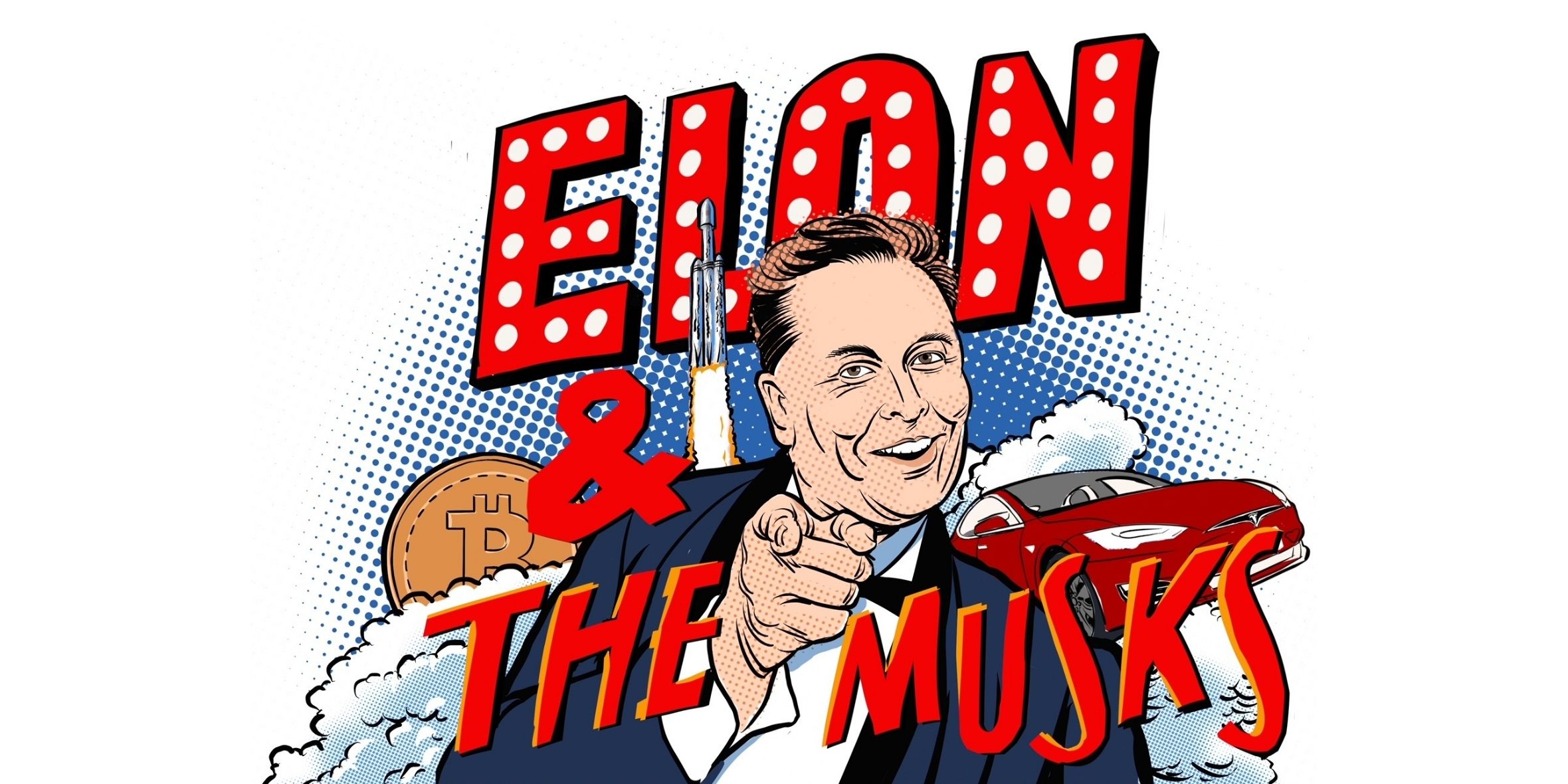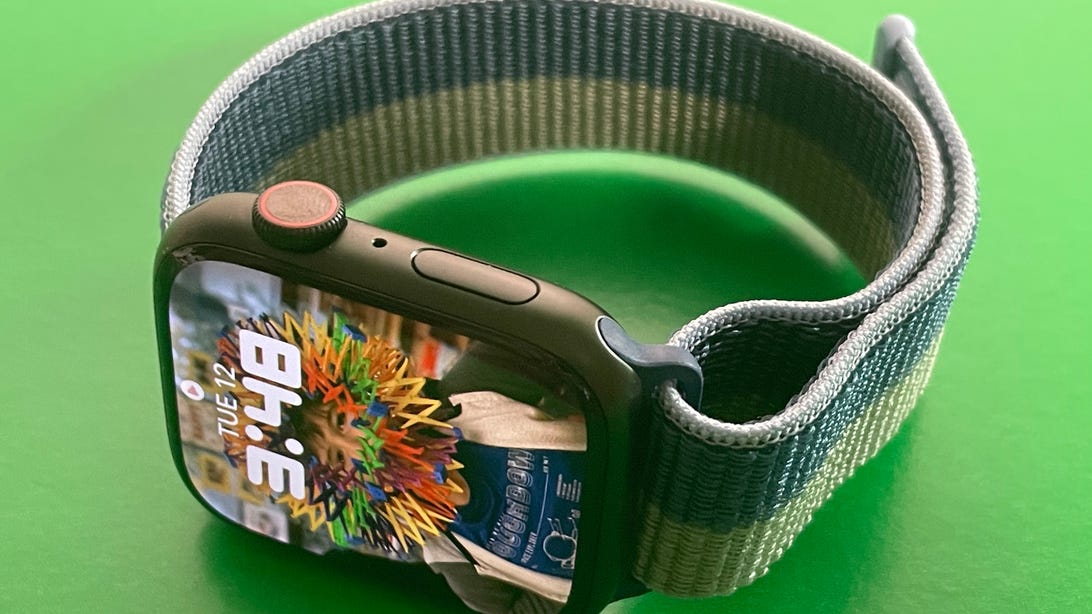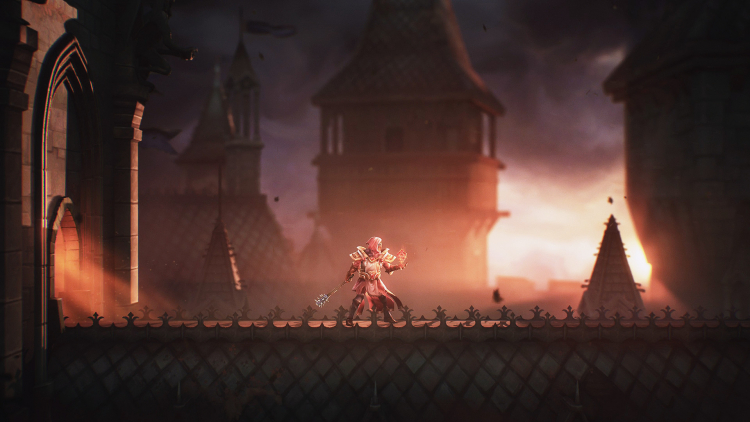
“El Presidente” Anton Castillo (left) and his son talk about power in Far Cry 6. Actor Giancarlo Esposito plays Castillo.
Image Credit: GamesBeat
Join gaming leaders online at GamesBeat Summit Next this upcoming November 9-10. Learn more about what comes next.
The processed-food industry and gaming industry have a lot in common. They are both extremely secretive, and they both use the science of brain chemistry to drive the design of their products. And that leads us to salty, sugary snacks that never quite satisfy but that we cannot stop eating. And it also leads to games like Far Cry 6 that we cannot stop playing.
Ubisoft has spent years perfecting a design process that is meant to overwhelm players. In the way that food companies mix together sugars, fats, and salts to engineer an addictive response, Ubisoft mixes together progression, unlocks, and map distractions to produce a similar effect.
But making people want to play a game isn’t inherently a bad thing. Where Ubisoft is trending into problematic design is when it seems to prioritize this bliss point response to the exclusion of all else.
It doesn’t matter if Far Cry 6 is satisfying — it only matters that you keep playing
The science of addictive food is about blasting you with flavor and mouthfeel all at once and then letting that dissipate in an instant. If a chip has a powerful cheese flavor and loud crunch and then seems to dissolve in your mouth, you’ll likely find yourself reaching for more and more.
Webinar
Three top investment pros open up about what it takes to get your video game funded.
Ubisoft games approach design in the same way. Each new quest gives you a burst of dopamine as you chase down something new, but then the quest themselves melt into a gray nothing that is hard to distinguish from one another.
And isn’t that how we talk about these games? It’s always about how the developers overloaded the map with icons. Rarely do I hear someone talking about the details of any of those missions.
Of course, none of this makes Ubisoft especially evil. Capitalism incentivizes creators to exploit others to maximize a return on investment. And we should expect more developers to turn to this under a system that lacks public funding for art like games.
But it’s also risky for Ubisoft because, unlike processed foods, games are expensive. Players don’t want to think of these $60 or $70 purchases as disposable dopamine delivery devices. If Ubisoft leaves behind the substance, it could find consumers ignoring its gaming Cheeto Puffs for companies that are trying to deliver something more nutritional.
GamesBeat
GamesBeat’s creed when covering the game industry is “where passion meets business.” What does this mean? We want to tell you how the news matters to you — not just as a decision-maker at a game studio, but also as a fan of games. Whether you read our articles, listen to our podcasts, or watch our videos, GamesBeat will help you learn about the industry and enjoy engaging with it.How will you do that? Membership includes access to:
- Newsletters, such as DeanBeat
- The wonderful, educational, and fun speakers at our events
- Networking opportunities
- Special members-only interviews, chats, and “open office” events with GamesBeat staff
- Chatting with community members, GamesBeat staff, and other guests in our Discord
- And maybe even a fun prize or two
- Introductions to like-minded parties
Note: This article have been indexed to our site. We do not claim legitimacy, ownership or copyright of any of the content above. To see the article at original source Click Here












